Please login or click here to join.
Forgot Password? Click Here to reset pasword
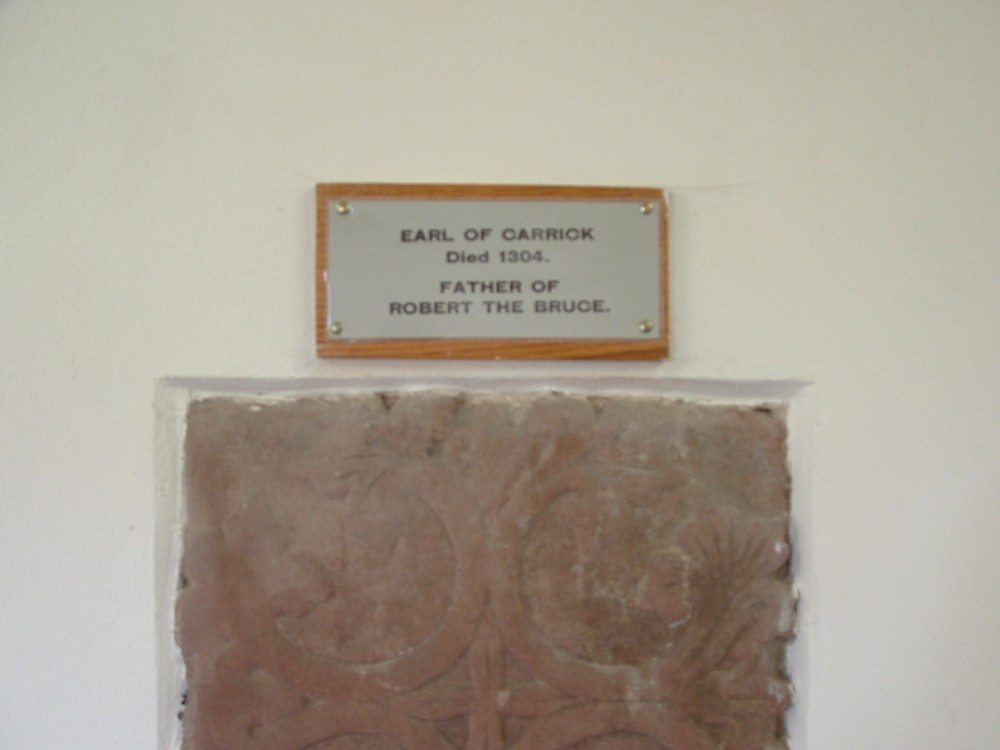
This was a Cistercian foundation of the 12th century of which the nave is now the parish Church of St.Mary, and although the monks came originally from Melrose Abbey, Holme Cultram came under English rule.
The monks worked hard at the land, they also raised sheep, and after a couple of hundred years they were sufficiently experienced in sheep farming to profit from exporting wool to Europe. The monks also worked assiduously at panning salt from the sea. Their prayerful ways, and profitable enterprises led to the abbey becoming the second most important Cistercian monastery in Cumbria.
Scottish raiders raised attacks upon the abbey during the 13th and 14th centuries, stealing many of their treasures, including domestic and alter silverware. King Edward I visited the abbey on two occasions early in the 14th century, and by 1319 the abbey had been sacked by Robert the Bruce, at which time it lost almost 80% of its value. A further raid a decade later left the monks financially crippled.
In 1556, religious persecution was such that the abbot of Holme Cultram felt forced to join a rebellion against Henry VIII's seizure of the church. The abbey suffered for this act, they were ordered to leave, the abbey and its lands became the property of the Crown. Once the persecution was over the local people petitioned Cromwell to grant them the church to use as a place of safety against the Scots.
Much of the building disintegrated, stone was stolen for private use, the church tower collapsed in the year 1600, and four years later the church was ravaged by fire. Hence the church we see today is much restored.
Visitors to the church will be interested in 16th century west porch, the Norman west doorway, ancient beams and the old pulpit. The east window is quite interesting in that it appears to be an early 17th century form of Perpendicular. Buried within the church is Robert de Bruce, Earl of Carrick who was the father of Robert the Bruce.
Historically, Holme Cultram Abbey has much to offer, it the only Cistercian church in England whose nave remains a place of worship.
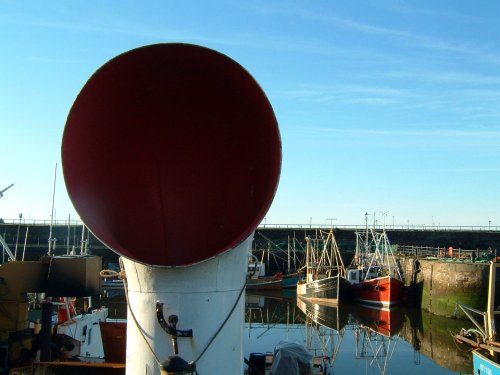
a Seaside Town in the county of Cumbria
(12.3 miles, 19.9 km, direction SW)Today, first and foremost Maryport is a splendid resort town on the beautiful Solway coast, it is steeped in the maritime history of two thousand years of sea...
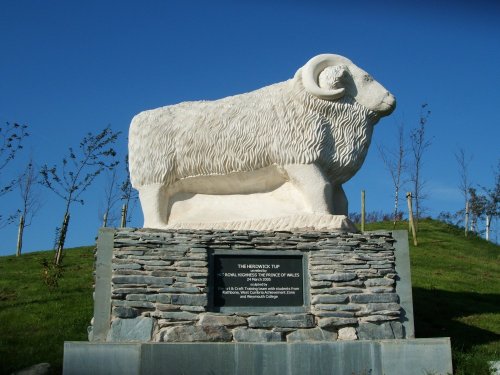
a Historic Market Town in the county of Cumbria
(13.3 miles, 21.4 km, direction S)Cockermouth is ideally placed to be used as a centre for touring the Lake District National Park. It has a High Street seemingly unaltered, and is ringed by some of the finest scenery in England...

in the county of Cumbria
(14.4 miles, 23.1 km, direction E)For over 1700 years this town occupied an important position on the Scottish-English border, few town's have experienced such turbulent times, but strangely Carlisle has little.....

in the county of Cumbria
(18.1 miles, 29.1 km, direction SE)This is a magical area of sparking lakes, tumbling waterfalls, high peaks and vast moorland regions...
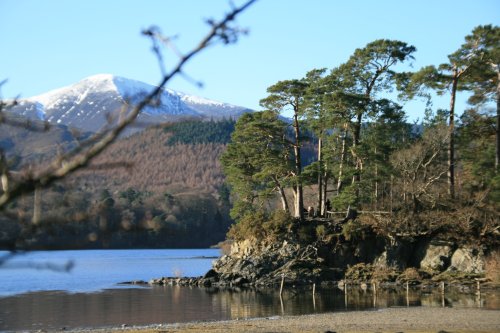
a Historic Market Town in the county of Cumbria
(18.1 miles, 29.2 km, direction S)Keswick is a pretty Market Town that nestles between the spectacular Skiddaw Mountains and the northern end of the serene Derwentwater Lake within the Lake District National Park.....
All towns in Cumbria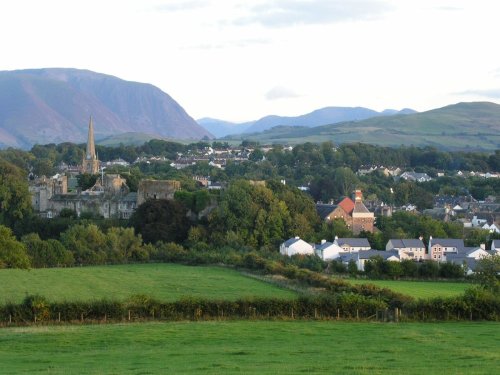
These wonderful ruins of a by-gone age can be discovered in the charming inland resort of Cockermouth, amongst Lakeland's.....
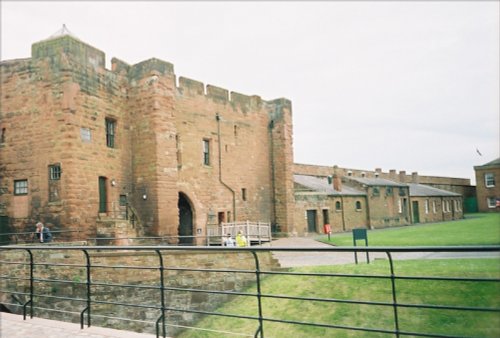
Set in the scenic surroundings on the northern outskirts of Carlisle, the castle built by William Rufus in the late 11th century.....
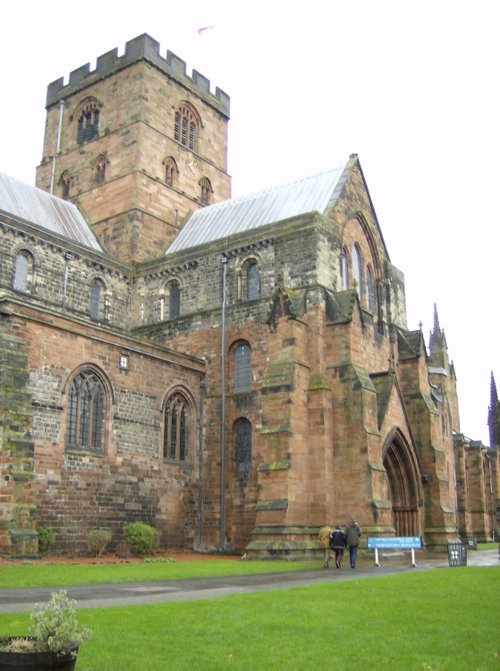
..
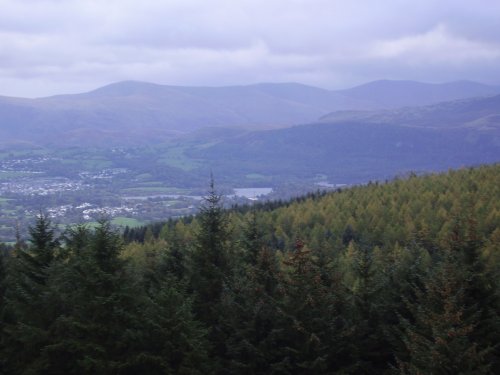
If you happen to visit Keswick in Cumbria do not miss out on Whinlatter Forest Park, for this superb gift of nature is a real.....

Derwentwater is one of 16 Lakes set within the Lake District National Park in Cumbria. It is one of the most northerly of the.....